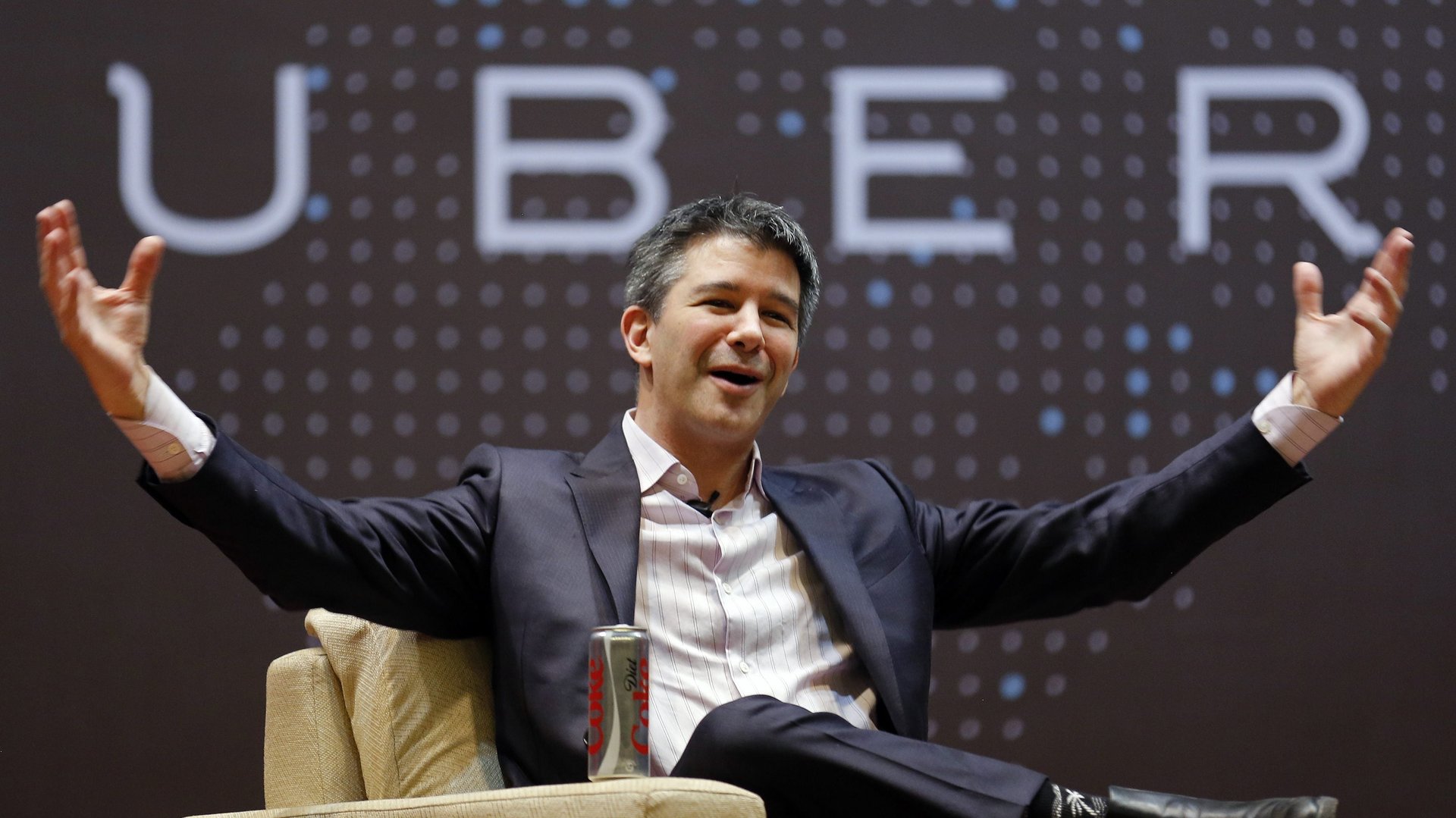A bombshell letter reveals how Uber could have concealed 14,000 stolen documents in a high-profile trade secrets case
The Uber-Waymo trial scheduled to begin Dec. 4 has been postponed, after a bombshell allegation that Uber operated a covert unit tasked with stealing code and trade secrets from its competitors.


The Uber-Waymo trial scheduled to begin Dec. 4 has been postponed, after a bombshell allegation that Uber operated a covert unit tasked with stealing code and trade secrets from its competitors.
Three Uber employees testified today (Nov. 28) in a tense, hours-long hearing that was supposed to be the final one before the case went to trial. US district judge William Alsup ordered them to appear after the US Justice Department informed the court that the company had withheld key evidence. The letter, from an attorney representing Richard Jacobs, a former Uber security analyst, alleged that Uber’s Market Analytics unit existed to acquire “trade secrets, code-based & competitive intelligence.”
“I can no longer trust the words of the lawyers for Uber in this case,” the visibly angry judge said in court. “If even half of what is in that letter is true, it would be an injustice for Waymo to go to trial.” Alsup had referred the lawsuit for a criminal probe in May.
In a court filing on Nov. 27, Waymo alleged that Uber “intentionally withheld the Jacobs Letter and related materials to prevent Waymo from discovering material evidence in this case.” Waymo also asked to take a new deposition of Uber founder and former CEO Travis Kalanick, and of Angela Padilla, Uber’s deputy general counsel and recipient of the Jacobs letter.
According to tweets from James McPherson, a lawyer and autonomous driving analyst attending the pretrial hearing, Jacobs was terminated by Uber in the spring of 2017. His attorney then sent a letter to Uber making the allegations about the Market Analytics unit. Jacobs eventually settled out of court with Uber for $4.5 million, and is now cooperating with the company. That put him in the awkward position of disputing his own letter.
A Waymo attorney asked Jacobs under oath: “Your lawyer sent letter that you approved alleging that Market Analytics exists solely to acquire code and trade secrets from competitors, yes?” according to McPherson. Jacobs reportedly responded: “I disagree with this now. I have no firsthand knowledge. No knowledge at all.”
Jacobs also described Uber’s deliberate efforts to “prevent sensitive info from legal discovery.” “There was legal training around the use of attorney client privilege markings on written materials, and the implementation of encrypted and ephemeral communications, intended to both protect and destroy communications that might be considered sensitive,” he said, according to the Financial Times. Employees were told to use phone or video calls for sensitive conversations, and use the messaging app Wickr, which has encrypted, self-destructing messages.
Alsup has asked Uber to provide a “complete list” of employees who had a Wickr account or used other self-deleting messaging apps. “Any company that would set up such a surreptitious system is as suspicious as can be, when the whole point to avoid leaving a paper trail,” he said, drawing air quotes with his fingers around the word “paper.”
The letter also reportedly claimed the company “had a sophisticated strategy to conceal, cover up or destroy documents with intent to impede government investigations.” In its Nov. 27 filing, Waymo said the Jacobs letter “indicates there may be a very good reason why the ‘14,000 files’ in question”—the ones former Uber engineer Anthony Levandowski is accused of stealing—”were supposedly not found on Uber servers.”
“It turns out the server was for dummies and the real stuff goes on on the shadow system,” Alsup said.
Uber is facing at least five federal probes in the US, several of them into dubious operational schemes. The company has drawn additional scrutiny from Congress and state attorney generals after last week disclosing that it had paid hackers $100,00o to stay silent about a massive data breach that occurred in October 2016, affecting 57 million riders and drivers.
This post was updated to include additional details of the Nov. 28 hearing.